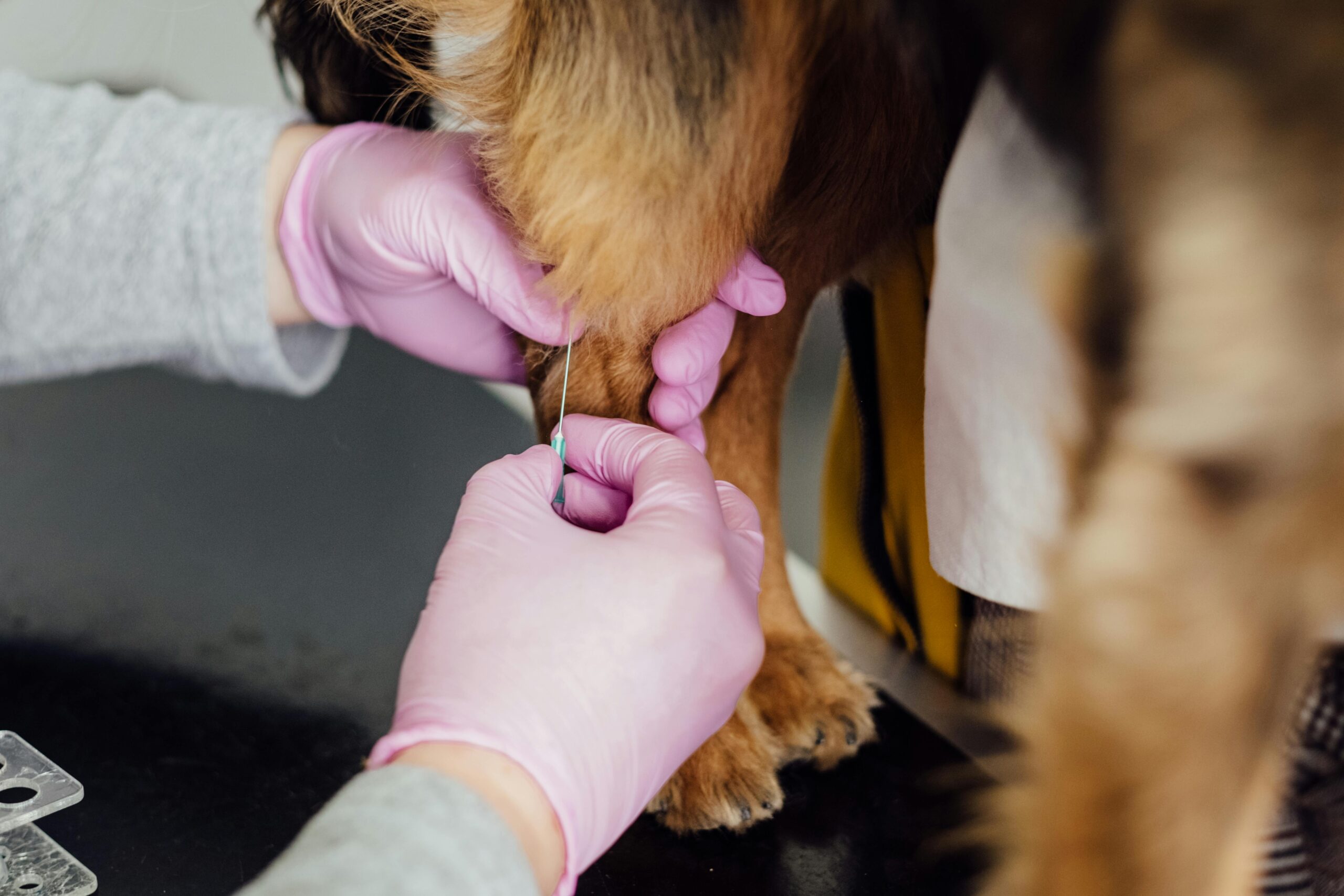
In recent years, the landscape of veterinary oncology has seen transformative advancements. One of the most significant breakthroughs is the development of liquid biopsy, a powerful tool for early cancer detection and monitoring in pets. For general practice veterinarians, integrating liquid biopsy into routine care can substantially enhance patient outcomes and elevate the standard of care.
Here, we delve into the myriad benefits of using liquid biopsy in everyday veterinary practice.
Understanding Liquid Biopsy
Liquid biopsy is a minimally invasive test that detects cell-free DNA (cfDNA) fragments in the blood, which are released when cancer cells die. By analysing these DNA fragments through next-generation sequencing (NGS), veterinarians can obtain a comprehensive genetic profile of a pet’s cancer, facilitating early diagnosis and precise monitoring.
Key Benefits of Liquid Biopsy
Early Relapse Detection: Liquid biopsy can detect cancer relapse earlier than traditional methods. This allows for timely interventions, which can significantly improve the prognosis and overall survival rates of pets.
Comprehensive Cancer Profiling: The detailed genetic insights provided by liquid biopsy enable personalised treatment strategies, ensuring that each pet receives tailored care based on their specific cancer type and genetic makeup.
Minimally Invasive Procedure: Unlike traditional biopsies, which often require invasive procedures, liquid biopsy only necessitates a simple blood draw. This minimises stress and discomfort for the animal, making it a more humane and pet-friendly option. The procedure is quick and does not usually require sedation or anaesthesia, reducing the risks associated with these procedures.
Improved Quality of Life: By facilitating early detection and intervention, liquid biopsy helps in maintaining a better quality of life for pets. Early treatment can slow the progression of the disease and alleviate symptoms, enhancing the well-being of the animal. Pet owners gain peace of mind knowing that their pets are receiving the most advanced and precise care available.
Better Resource Allocation: Integrating liquid biopsy into routine practice allows for more efficient use of time and resources. The quick turnaround of test results helps in making timely decisions regarding treatment plans.
Increased Revenue: Offering advanced diagnostic tools like liquid biopsy can attract more clients seeking high-quality care for their pets. Early detection and monitoring services can lead to more frequent visits and follow-up care, boosting the practice’s revenue.
Building Trust and Demonstrating Commitment
By utilising cutting-edge technologies such as liquid biopsy, veterinarians can build stronger relationships with pet owners. This demonstrates a commitment to providing the best possible care and staying at the forefront of veterinary medicine.
Enhanced diagnostic capabilities can lead to better health outcomes, fostering trust and satisfaction among clients.
The Process of Liquid Biopsy
The procedure for conducting a liquid biopsy is straightforward and designed to integrate seamlessly into general practice. For example, CanCan Diagnostics Ltd outlines the following steps:
Conclusion
The integration of liquid biopsy in general veterinary practice is a game-changer, offering a host of benefits ranging from early detection and personalised treatment to improved quality of life for pets and enhanced operational efficiency for practices. By embracing this advanced diagnostic tool, veterinarians can elevate the standard of care, ensure better health outcomes, and build lasting trust with pet owners.
For more information on implementing liquid biopsy in your practice, contact a diagnostic provider specialising in veterinary oncology.
Please get in touch, we want to hear from you!